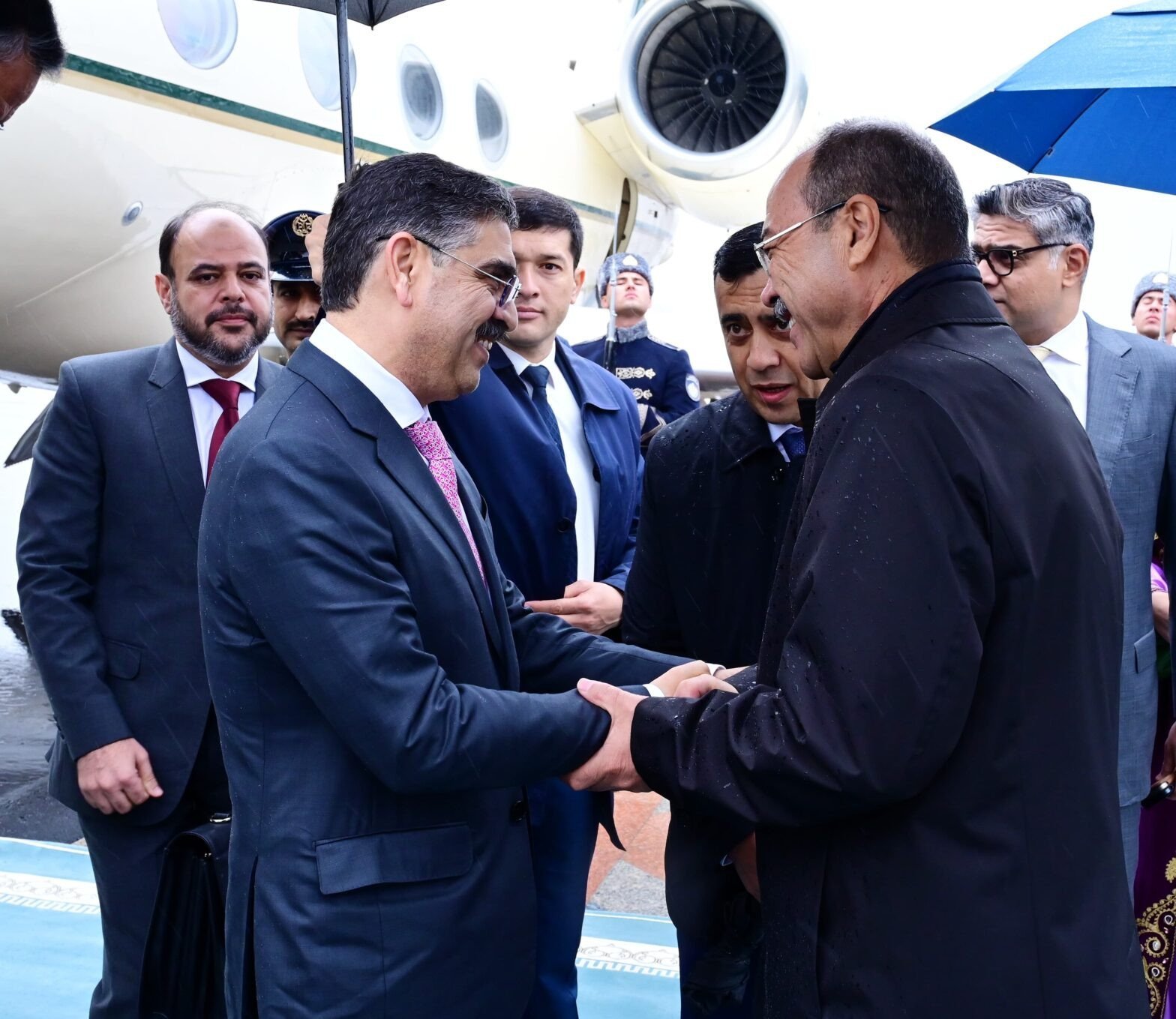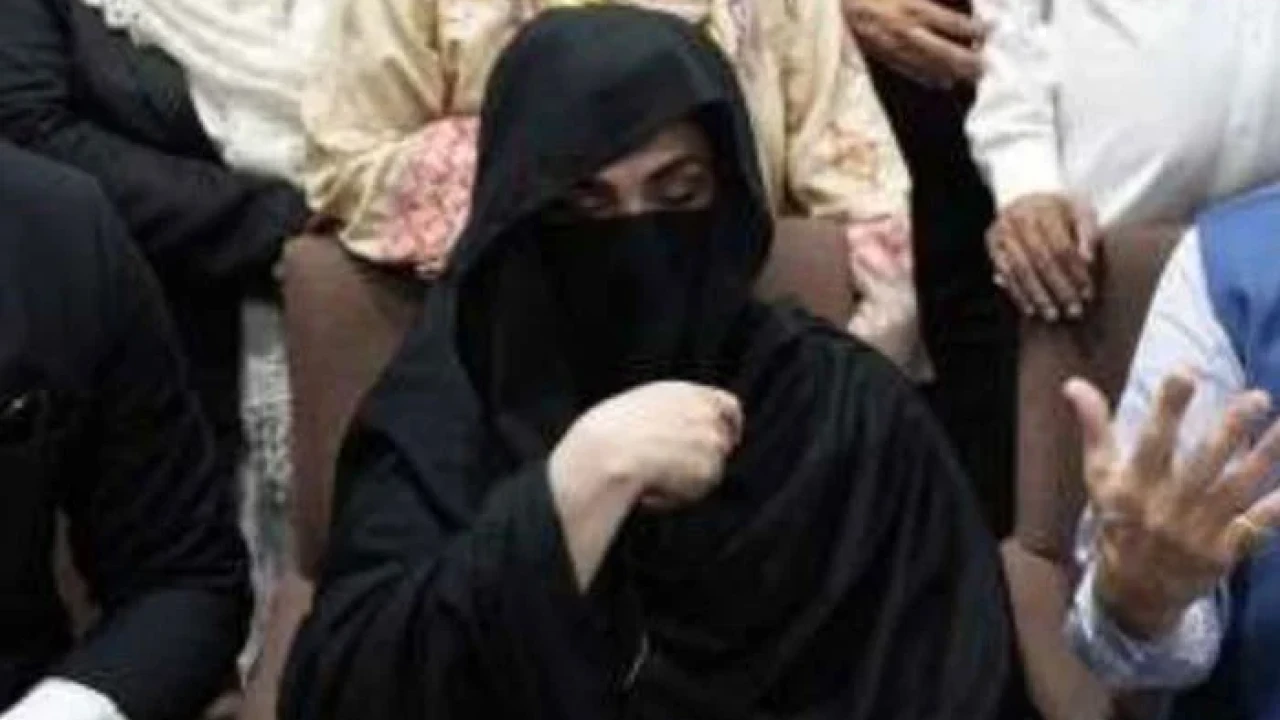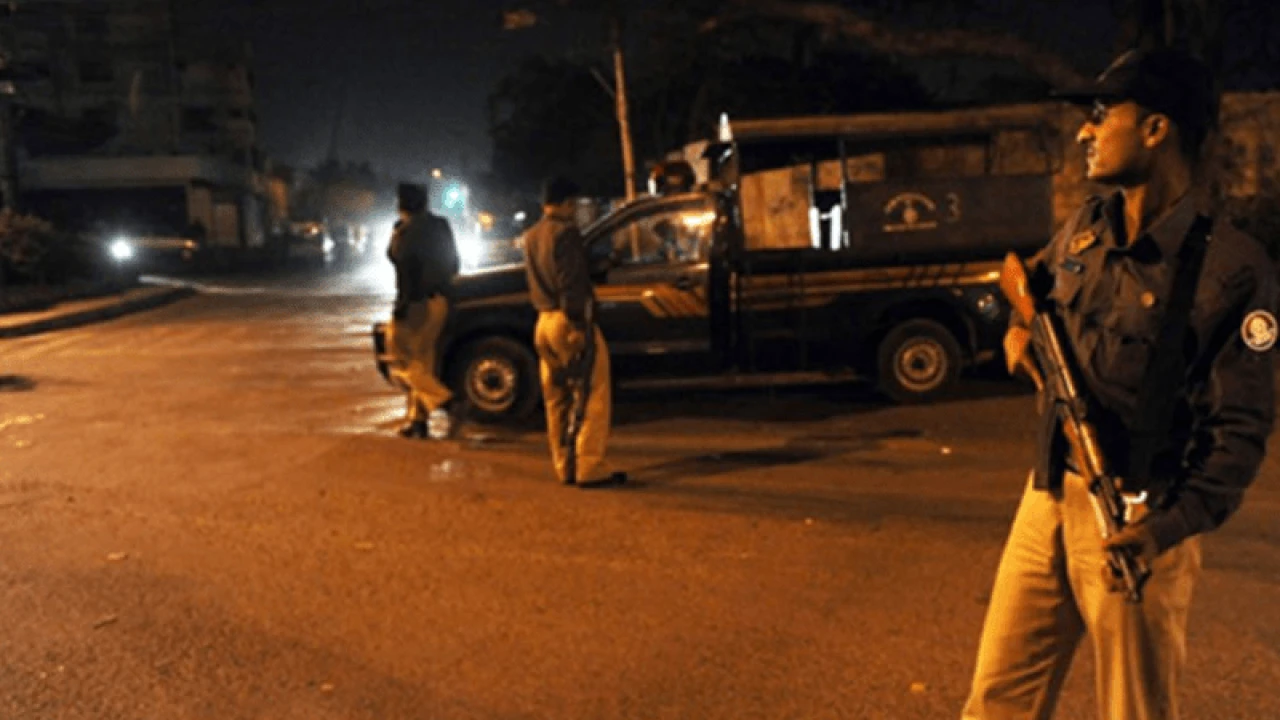The stark dichotomy between public welfare needs and extravagant expenditures has come to the forefront of discourse in Pakistan, with Khyber Pakhtunkhwa Information Adviser Barrister Saif drawing attention to the glaring disparity.
Barrister Saif has lamented the dire plight of ordinary citizens, who grapple with the daily struggle for sustenance, juxtaposed against the exorbitant spending on luxuries for political elites. He highlights the acquisition of a German helicopter for the Chief Minister of Punjab at a staggering cost of 3 billion rupees, a move that appears incongruous amidst widespread economic hardship.
Furthermore, Barrister Saif sheds light on the allocation of an additional 3 billion rupees for Maryam Nawaz, suggesting a pattern of fiscal irresponsibility that prioritizes political interests over the welfare of the populace.
In response to Barrister Saif’s assertions, Punjab Information Minister Uzma Bukhari has sought to justify the government’s expenditures by citing purported achievements attributed to Maryam Nawaz. Uzma Bukhari contends that Maryam Nawaz has purportedly spearheaded 30 public welfare projects within a span of 30 days, implying a tangible commitment to addressing societal needs.
However, Barrister Saif’s critique underscores a deeper concern regarding the allocation of resources and the government’s duty to prioritize the basic needs of its citizens. While touted achievements may serve as political rhetoric, the fundamental issue remains unaddressed: the pervasive economic hardship experienced by the populace.
The juxtaposition of lavish expenditures on helicopters and political patronage with the stark reality of citizens struggling to afford basic necessities paints a poignant picture of misplaced priorities. At a time when the public longs for sustenance and economic stability, extravagant spending on luxuries for political figures exacerbates feelings of disillusionment and resentment.
Ultimately, the exchange between Barrister Saif and Uzma Bukhari epitomizes the broader debate surrounding governance and fiscal responsibility in Pakistan. It underscores the imperative for policymakers to align their actions with the genuine needs and aspirations of the people, rather than succumbing to the allure of political expediency. As citizens continue to grapple with economic hardship, the onus lies on the government to enact policies that prioritize public welfare and foster equitable prosperity for all.



